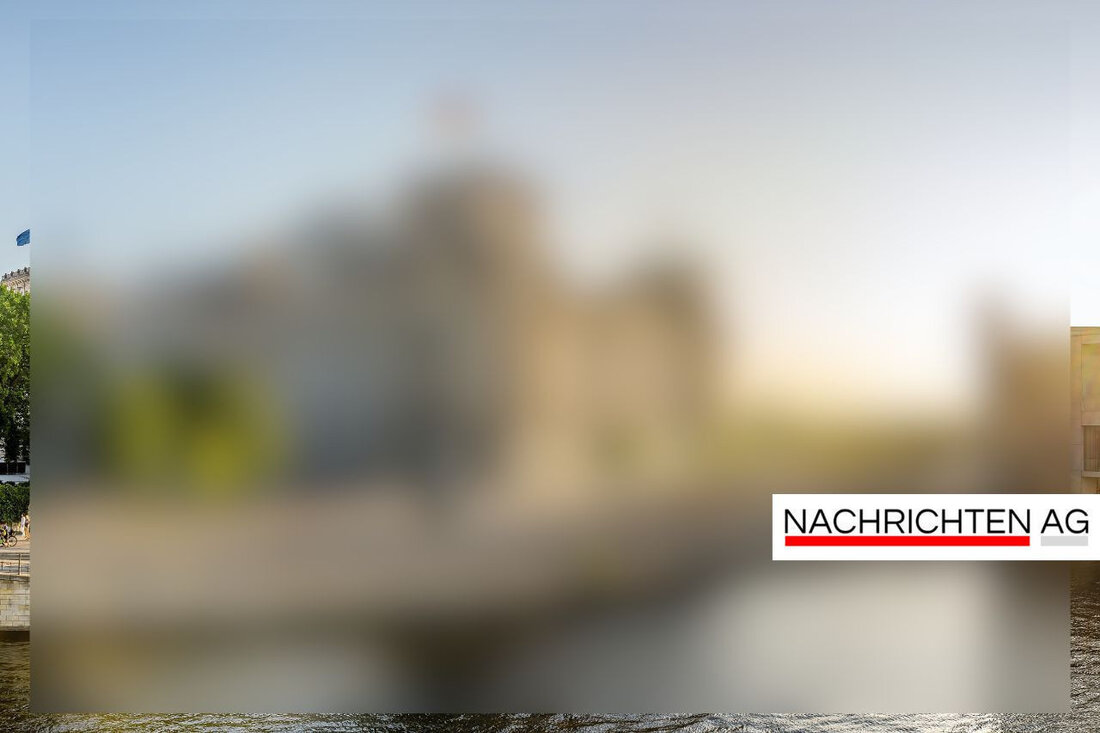Dobrindt defends controversial asylum practice: the rule of law or broken law?
Dobrindt defends controversial asylum practice: the rule of law or broken law?
Berlin, Deutschland - On June 4, 2025, the discussion about German asylum policy and the associated border controls tightened. Federal Interior Minister Alexander Dobrindt, who was recently introduced to his office, remains in his line despite an urgent decision by the Berlin Administrative Court, who declared the rejections of asylum seekers at the German border as illegal. The minister emphasizes that the legal basis for this practice is given and that the federal government will continue to proceed in this way. In an interview with Sandra Maischberger, Dobrindt explains that it is not about a broken law, but about the energetic enforcement of the law in Europe, especially about the common European asylum system (GEAS).
The focus of the controversy is three Somalians who have tried to illegally enter Germany. Dobrindt announces that he wants to examine the responsibility for their asylum applications in accordance with the judgment of the Administrative Court. The court found that the Federal Government applies national law, but refers to an exception in European law, for which a sufficient justification is missing. These legal disputes raise questions about current migration policy.rising border controls and new measures
In the course of the increased controls at the German external borders, Dobrindt also announced that the number of civil servants used by 11,000 by up to 3,000 federal police officers. These measures are part of a comprehensive strategy, which also includes a cancellation of an earlier instruction from 2015, which excluded rejections in asylum cases. This step is also viewed critically by various political actors.
Poland's Prime Minister Donald Tusk comments negatively about the German border controls and emphasizes that these should mainly take place at the EU's external borders. Dobrindt's procedure also ensured different reactions within Germany. While some politicians, such as Thomas Strobl (CDU) and Alexander Throm (Union faction), praise the new measures, Katharina Dröge from the Greens rejects the uncoordinated implementation.
criticism of the return practices
A explosive topic remain the practice currently discussed in the EU, also known as “pushbacks” that violate illegally and against EU law. According to international law, migrants who want to apply for asylum in an EU state have the right to check their requests. In countries such as Greece, Poland and Croatia, on the other hand, such pushbacks have been documented in recent years and repeatedly cause the international community's attention.
The increase in migrants from Afghanistan Since the Taliban took over in 2021, the problem has also tightened. In this context, several EU countries require more physical barriers to protect their external borders. Council President Charles Michel has indicated that the EU may be willing to cover the costs for such measures. This shows the current tensions and divergent views within the EU on migration policy, whereby southern European states are demanding a fairer distribution system, while Eastern European countries are more likely to be foreclosure.
In summary, it can be said that German asylum policy is currently in the focus of public interest and that the discussion about the rule of law and humanity is reorganized within European migration policy. The Federal Government faces the challenge of finding a balance between national interests and European obligations. Welt
Süddeutsche
Europe in class
| Details | |
|---|---|
| Ort | Berlin, Deutschland |
| Quellen | |


Kommentare (0)